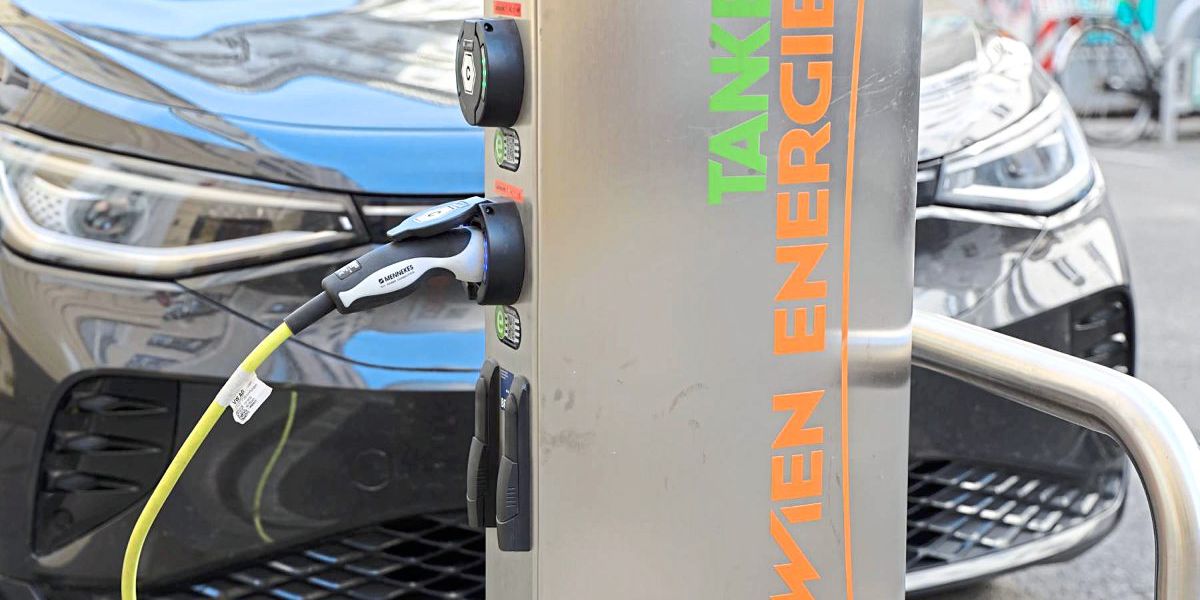All Arguments Against Electric Cars Debunked Except One
Core Concepts
The author challenges common misconceptions about electric cars, highlighting their benefits and addressing concerns about infrastructure and affordability.
Abstract
Electric cars are often criticized for being expensive, environmentally harmful, and prone to catching fire. However, the author argues that these criticisms are unfounded and presents a comparison between traditional fuel sources and electric vehicles. The content emphasizes the simplicity of operating an electric car with a battery compared to the complex process of extracting, refining, and distributing fossil fuels. It questions the sustainability of current practices and highlights the potential for widespread adoption of electric vehicles as a more efficient and environmentally friendly alternative.
Fast alle Argumente gegen E-Autos sind falsch – bis auf eines
Stats
Eine Bestandsaufnahme in zehn Schritten
Jedes Jahr ein paar Milliarden Liter Flüssigkeit aus vor Millionen Jahren abgestorbenen Pflanzenresten aus dem Boden zu pumpen
über hunderte Kilometer lange Rohre zu Raffinerien und dann in Lastwägen zu Tankstellen zu bringen
eine Milliarde Leute ihre Autos über ein hunderte Milliarden teures Straßennetz hinfahren
Quotes
"Ein Auto mit einer simplen Batterie zu betreiben und an der Steckdose anzuschließen: Da bricht sicher das Stromnetz zusammen"
"Rohstoffe gibt's auch nicht genug"
"wer soll sich das leisten können?"
Key Insights Distilled From
by at www.derstandard.at 03-04-2024
https://www.derstandard.at/story/3000000187832/fast-alle-argumente-gegen-e-autos-sind-falsch-bis-auf-eines
Deeper Inquiries
How can society shift towards more sustainable transportation options beyond just electric cars?
Society can shift towards more sustainable transportation options by promoting and investing in a multi-modal approach. This includes improving public transportation systems, such as buses, trains, and trams, to make them more efficient and accessible. Encouraging active modes of transport like walking and cycling through infrastructure improvements like bike lanes and pedestrian-friendly streets is also crucial. Additionally, implementing policies that incentivize carpooling, telecommuting, and flexible work hours can help reduce the overall reliance on individual car ownership. By creating a comprehensive network of sustainable transportation options that cater to different needs and preferences, society can significantly reduce its carbon footprint in the long run.
What are some valid concerns about the infrastructure needed to support widespread adoption of electric vehicles?
One valid concern about the infrastructure needed to support widespread adoption of electric vehicles is the availability of charging stations. As more people switch to EVs, there may be an increased demand for charging points which could strain existing electrical grids if not properly managed. Additionally, ensuring that these charging stations are conveniently located along major travel routes and in urban areas is essential for EV drivers' convenience. Another concern is the need for standardized charging protocols to ensure compatibility across different EV models and brands. Moreover, upgrading power grids to handle increased electricity demand from charging multiple vehicles simultaneously poses a significant challenge that requires substantial investment in infrastructure.
How can individuals contribute to reducing their carbon footprint in the context of transportation choices?
Individuals can contribute to reducing their carbon footprint in terms of transportation choices by opting for greener modes of transport whenever possible. This includes using public transportation or carpooling instead of driving alone when feasible. Choosing fuel-efficient or hybrid vehicles over traditional gas-guzzlers can also make a difference in lowering emissions. Embracing alternative forms of mobility like biking or walking for short distances not only reduces carbon emissions but also promotes personal health benefits.
Furthermore, planning trips efficiently by combining errands into one outing helps minimize unnecessary driving trips.
Regular maintenance checks on vehicles ensure optimal performance efficiency leading to lower fuel consumption.
Lastly,
switching
to eco-friendly fuels like biodiesel or renewable natural gas further reduces environmental impact associated with traditional fossil fuels usage.
By making conscious decisions regarding their mode
of
transportation,
individuals play a vital role
in mitigating climate change effects related
to excessive greenhouse gas emissions from conventional vehicle use.
0
